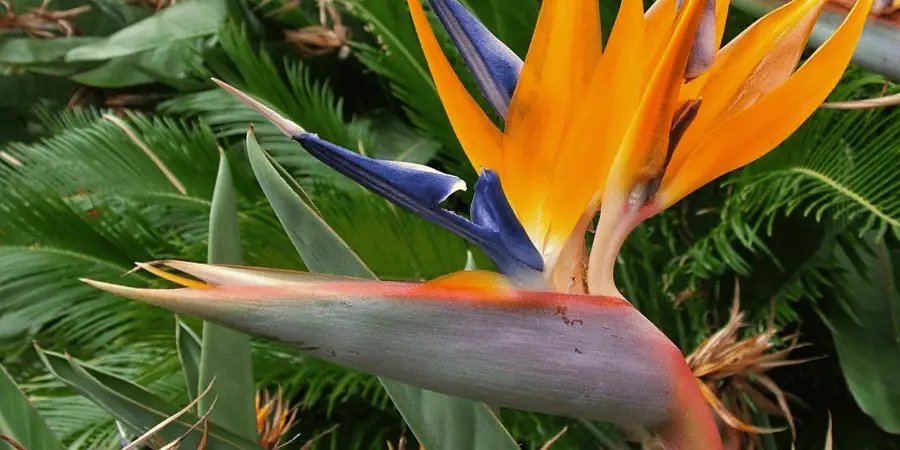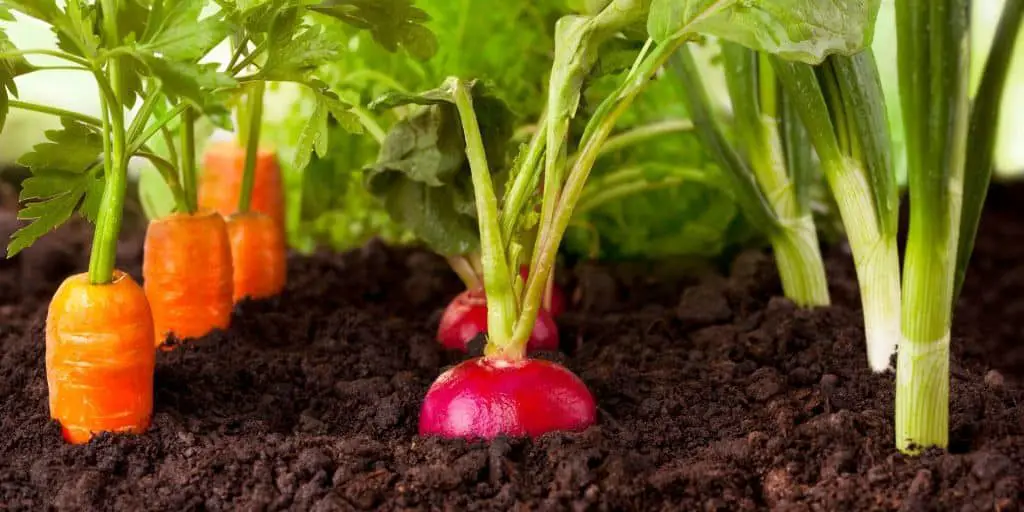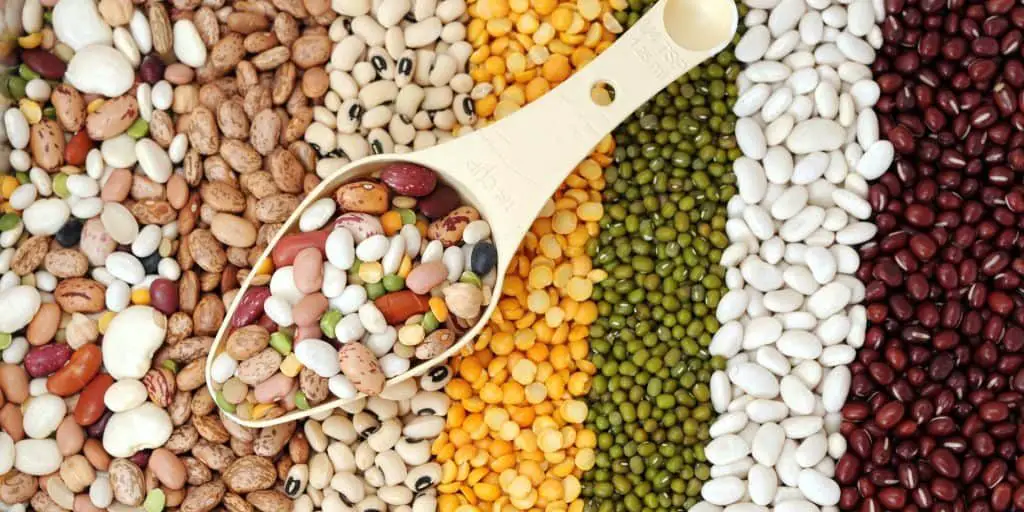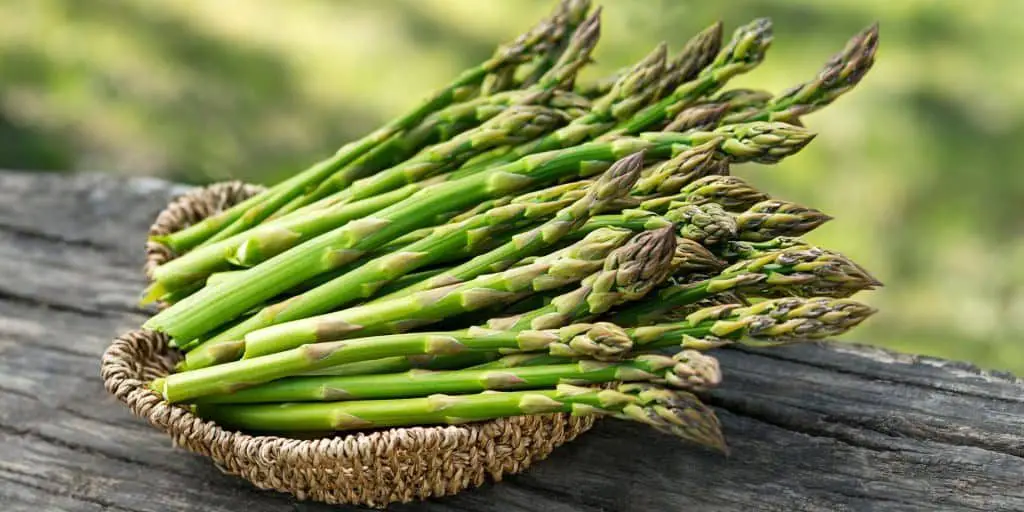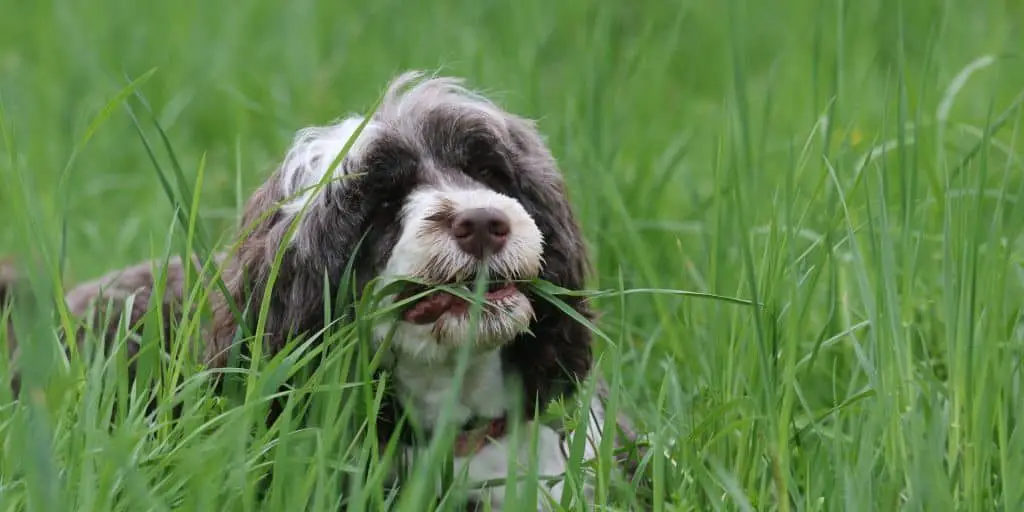
Why Do Dogs Eat Grass?
Dogs eat grass in order to treat themselves for upset stomachs… or do they? While this may be one factor, there are definitely other causes!
The common belief that dogs eat grass in order to induce themselves to vomit or to make up for nutritional deficiencies in their diet. But evidence from multiple studies does not support this, according to Malcolm Weir, DVM. Fewer than 25% of dogs vomit after eating grass, and fewer than 10% even showed signs of illness prior to eating grass.
So if it’s not for upset stomachs, why do dogs eat grass? And is there anything you can do to help them stop?
They Like the Taste
One likely explanation, says Dr. Weir, is that dogs eat grass because it interests them, either by way of taste, smell, or texture. This might be why some dogs only seem to eat grass in springtime when it is fresh and tender.
Dogs Eat Grass For the Fiber
Wolves, the ancestors of dogs, have been observed eating grass, both in captivity and in the wild. Animal specialists guess that it might be a means of rounding out their mostly-carnivorous diet with green roughage, since the cellulose in grass is an insoluble fiber that helps clean out the digestive tract.
Dogs may have inherited this behavior for the same reasons. Although today’s carefully balanced dog foods usually contain plenty of insoluble fiber, instincts are hard to ignore. A dog eating grass might just be following a primordial urge.
They Feel Nutrient-Deprived
Dogs will sometimes seek out and consume non-food sources when their diets are deficient in nutrients. This is another primitive leftover from their wolf ancestors, who included forage as part of their diet when times were lean.
Dogs Eat Grass When They’re Bored (or Anxious)
Many dogs love to shred tennis balls or reduce sticks to a pile of wood chips. In the same way that many dogs enjoy chewing on sticks and toys, eating grass might just be a fun pastime.
This is especially true of dogs whose owners work away from the house. A dog that spends a lot of time in the yard alone has to occupy itself somehow, and destructive behaviors of all kinds are common in bored dogs.
Eating grass may not be on the same level as chewing holes in the couch, but the psychological root is likely the same. And over time it may become enough of a habit that they engage it not only when their owners are gone, but also when they are home.
Similarly, an anxious dog may use eating grass as a method to self-soothe, both when its owners are away and when they are home. The familiar routine of eating grass may be their way of calming themselves down.
Is Eating Grass Bad For Dogs?
While relatively harmless in and of itself, eating grass and other plant material can lead to consumption of true undesirables, such as parasites or chemical toxins.
Plants in public spaces can harbor parasites like hookworms or roundworms deposited in the fecal matter of other dogs. Grass is also frequently treated with herbicides, pesticides, and fertilizers, which often leave a chemical residue on the plant surface.
And while most dogs don’t vomit from eating grass, those with more delicate digestive systems may still experience gastrointestinal distress.
So how can you help your dog break this habit?
How to Stop a Dog From Eating Grass
Address any underlying health issues
If you’re concerned that your dog is eating grass because of inadequate nutrition or gastrointestinal issues, here are a few things to try:
- Provide three to four small meals every day, which are easier for a dog to digest and absorb than one or two large meals.
- Supplement regular dog food with a comprehensive multivitamin, either in chewable or liquid form.
- Add probiotics to his diet to see if it helps with digestion.
If your pup’s grass-eating seems to be a response to anxiety or hyperactivity, consider having him evaluated for these issues by a vet, who may be able to prescribe medication to help. There are also many “over-the-counter” calming chew treats available these days, with their active ingredient being anything from cannabis powder to passionflower and hemp oil.
Provide fun alternatives
If boredom is the main culprit, brainstorm ways that you can help your pup have more fun. Choose toys that offer the same tactile experience as grass eating, along with an edible reward, such as:
- Marrow bones, which are readily available at many butcher shops.
- Toys that can be loaded with treats or peanut butter, like the ever-popular Kong.
- Puzzle balls, which have a variety of weights, textures, and noises to stimulate and engage a dog’s interest. For super chewers, try this one.
- An extreme but potentially very fun solution is getting another dog, so that they’ll be able to keep each other entertained while you are away.
Train it out
If your dog is food-motivated, treats can be an effective training tool. Bring treats along with you on walks or into the yard for potty breaks, and whenever he goes to chew on grass or other plant life, verbally redirect him away from grass and reward him with the treat for leaving it alone.
For a dog who is more motivated by affection or play, follow the same protocol, replacing treats with pets, praise, and games like fetch or tug-of-war.
Use an e-collar
These are not “shock collars.” Instead of an electric shock, the prongs on these rechargeable, remote-controlled collars provide a vibration that serves to get a dog’s attention without causing pain.
E-collars are valuable training tools because they can be used at a distance thanks to the remote trigger. You can use these from inside your house on the dog in your yard, or at the dog park when your dog has gotten ahead of you.
This method is essentially the inverse of a Pavlovian reaction. In Dr. Pavlov’s experiment, the subject dogs came to associate the footsteps of the lab assistant bearing food with the positive experience of eating. Here, the formerly pleasant (but unwanted) habit of eating grass becomes associated with the negative (but not painful!) experience of unexpected vibration.
Conclusion
The reasons that dogs eat grass range from nutritional to instinctual to psychological. And because man’s best friend can’t speak our language, it’s hard to say for sure why your dog in particular is engaging in this behavior. In fact, he may just enjoy it!
While it may be difficult to pin down just why your dog eats grass, there are ways to mitigate or eliminate this unwanted behavior. Making sure that your pup is stimulated and that his instincts have a more constructive outlet, address any possible nutritional deficiencies, and take some time to train your dog out of this habit.
